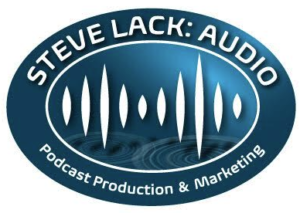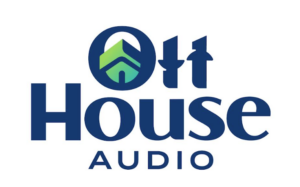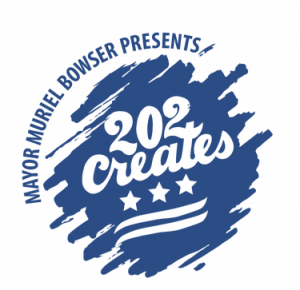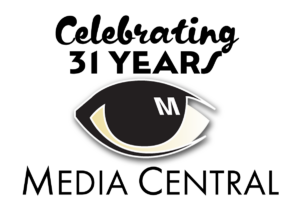
By John Aaron, CPA
IRS HOBBY LOSS RULES
The Tax Court ruled in 2012 that making a film is a business, not a hobby, even if it is not profitable over a number of years (Storey v. Commissioner of Internal Revenue). Why is this distinction important?
If you are an individual (i.e., doing business as a sole proprietor or using a flow through entity such as an S corporation or partnership) you need to be aware of the rules governing your ability to deduct expenses. For federal tax purposes, a business may be presumed to be a hobby, and its expenses non-deductible, if it does not make a profit in three out of five years. In other words, you must prove to the IRS that you’re trying — not necessarily succeeding — to make a profit with your venture. (FN1) Taxpayers can rebut this presumption by demonstrating that they are pursuing an activity in a business-like manner and have the intention to make a profit, as Storey successfully argued.
To prove your intention of operating a business, despite a lack of net income, you must not only keep good records of the expenses you claim, but any documentation that supports the deduction as necessary to conduct your business. Examples of records that may prove useful
include calendars and datebooks that show the amount of time you spent on business activities, and the kinds of tasks you did in an attempt to make your business profitable.
Storey made no money over an eight-year period, but she scrupulously memorialized her meetings, pitch sessions, film festival submissions, and marketing efforts (among other things), all of which demonstrated her profit-making intent and bolstered her contention that she ran
the filmmaking activity in a businesslike manner.
A “reasonable” expectation of profit is not required, as when the probability of loss is much greater than the probability of gain. However, the taxpayer must engage in the activity with a
genuine profit motive. All facts and circumstances are taken into consideration, but greater weight is given to objective facts than to the parties’ mere statements of their intent. (FN2)
1 Fishman, Stephen, J.D. How to Prove Your Hobby Is a Business. https://www.nolo.com/legalencyclopedia/operating-losses-prove-hobby-business-30000.html
2 Byrnes, W. and Bloink, R., Side Gig’ Losses: 9 Tax Rules to Determine Hobby or Business Activity,
https://www.thinkadvisor.com/2020/03/18/side-gig-losses-9-tax-rules-to-determine-hobby-or-business-activity/

















